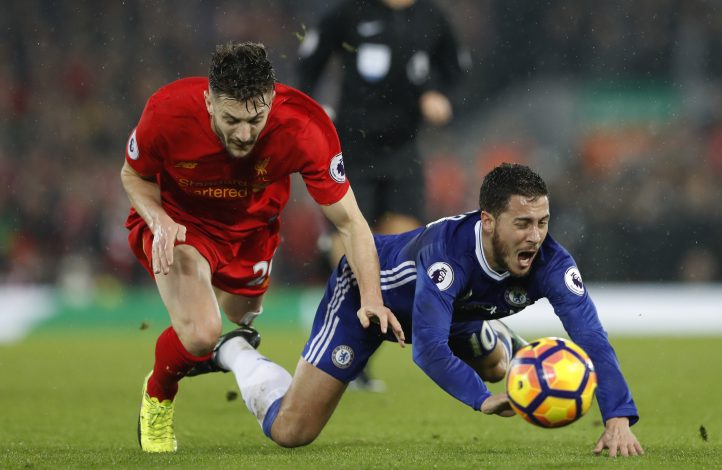Retrospective Bans For Diving To Be Introduced Next Season
The FA has decided to introduce retrospective punishment for feigning and simulation from next season in England.
A regulation change was approved by the FA council yesterday (18th May, 2017), with a new offence “Successful Deception of a Match official”. The decision is being put into force after consultation with stakeholders in the past months.
This comes after the FA was constantly attacked by the supporters due to poor standards of decision making by the match officials. Several decisions, including those by Leroy Sane, Marcus Rashford, Dele Alli, and Robert Snodgrass caused a huge backlash with the fans.
The law is based of an existing rule already in use in the Scottish footballing divisions.
The decision for retroactive bans will be made by a 3-man panel, including one ex-match official, one ex-manager and one ex-player.
All the three panel members will be given an opportunity to independently review the video footage captured at the game, and come to their personal conclusion on whether the offence could count under “Successful deception of a match official”.
If the panel comes to a unanimous conclusion on the event, would the party concerned be retroactively penalized – a 2 match ban.
The action can currently be taken in only certain situations, which might majorly hamper the game. According to FA, the following events can come under review in a game:
- An act of feigning or deceiving causes a penalty.
- An act of feigning or deceiving ends up as a straight red card for an opponent player
- An act of feigning or deceiving leads up to the dismissal of a player [Reviewing both the cautions player received, including the first and/or second yellow card(subsequently a red card)].
In case the player under review admits deceiving an official into a wrong decision, any decision given against the opponent player (yellow/red card), who was wrongly convicted, will be rescinded from the records. They are all taken under the Fast Track system introduced by FA in 2004-05 to deal with cases before the involved individual’s next game.
The FA continues to state that the decisions would be made in a similar manner as it is being done for a red-card offence, which was missed during real-time by match officials. While the FA already includes offences missed on ground such as bad conduct and serious foul play as retrospective decisions, the new bans put decisions already made by the ground officials under the scanner.
This change in rule has been accepted by most parties including the Premier League, the Professional Football Association, the English Football League and the League Manager’s Association among others.
Not all parties are happy about the decision though. The manager of Crystal Palace, Sam Allardyce believes it is “utter rubbish”. He went on to say: ” Bring technology in, let us look at it on the day, and then bring a sin-bin in so we can put him in that for 10 minutes and then put him back on. Stop paying all these people money to do rubbish situations in the game. That’s utter rubbish.”
The Scottish FA had introduced a similar decision back in 2011, under much backlash from FIFA. While the worldwide footballing body was afraid that match officials were being robbed of decision making choices, the Scottish FA had to spend several years in trying to explain FIFA otherwise. It was dubbed “Rule 201”.
This season alone, three players were penalized later due to acts of deception during the game, in the Scottish League. Heart’s Jamie Walker and Falkirk’s Myles Hippolyte had been penalized retroactively. On the other hand, Jamie Walker also had yellow cards rescinded following an appeal to the footballing body.
With both England and Scotland present as a permanent member of the FIFA law-making council, the decision may soon roll out throughout the world.
Written by Srivats Venkateswaran ![]()

